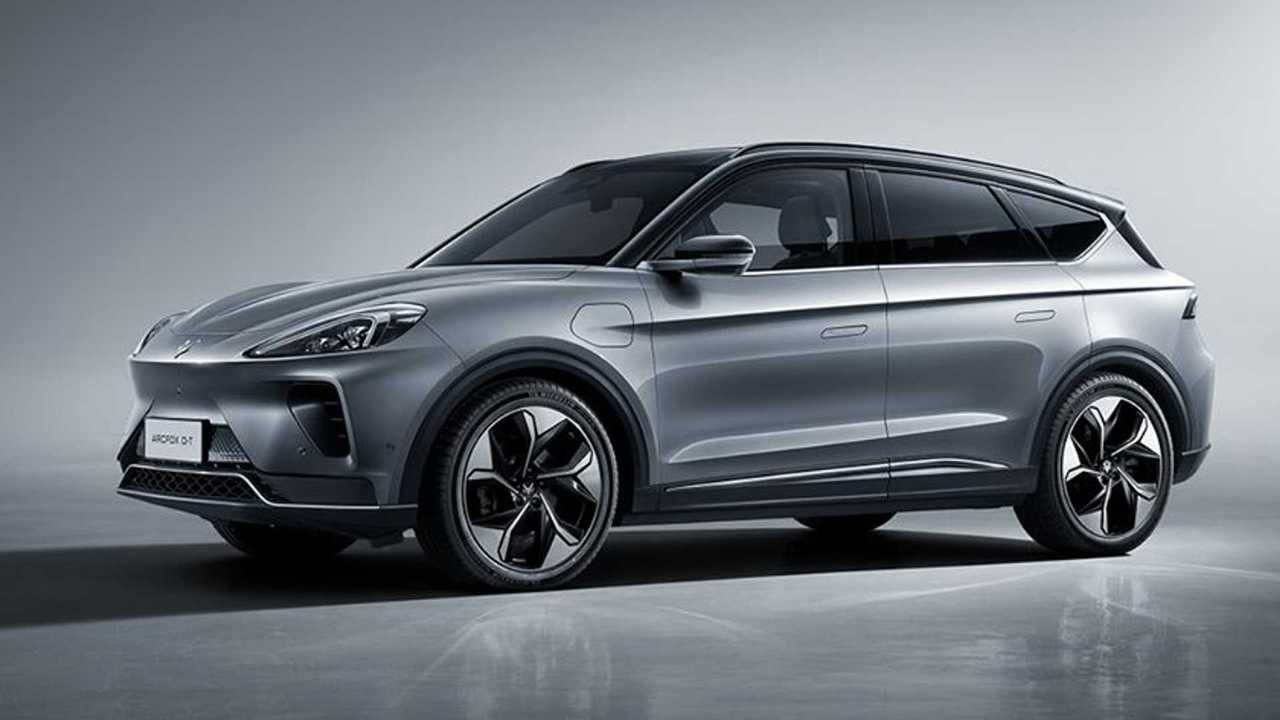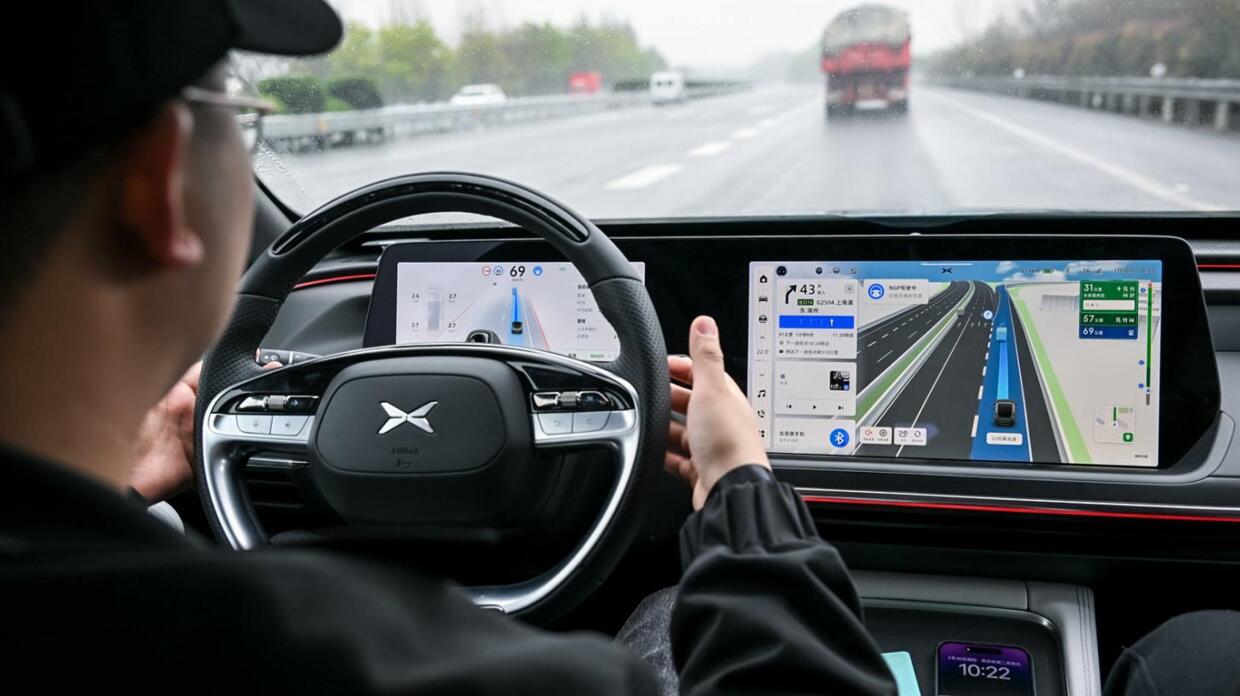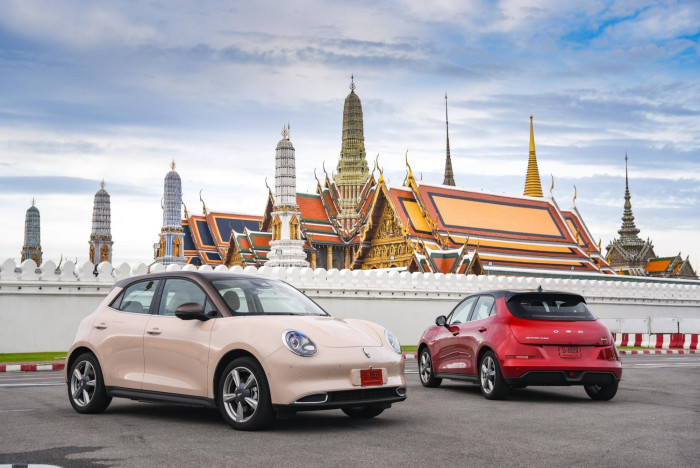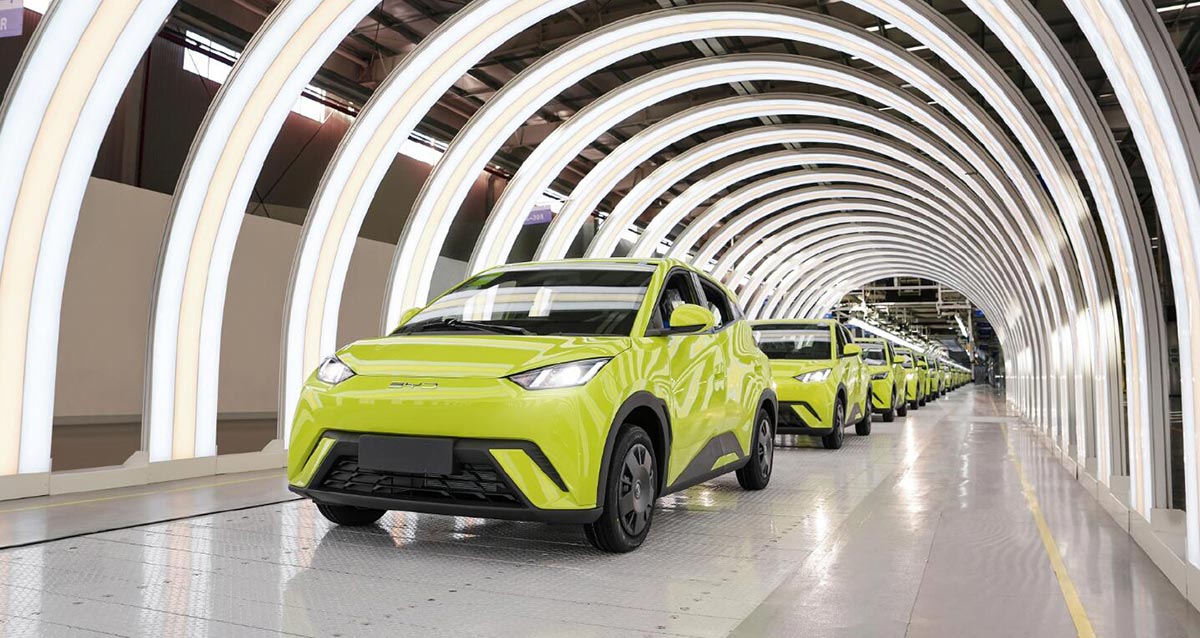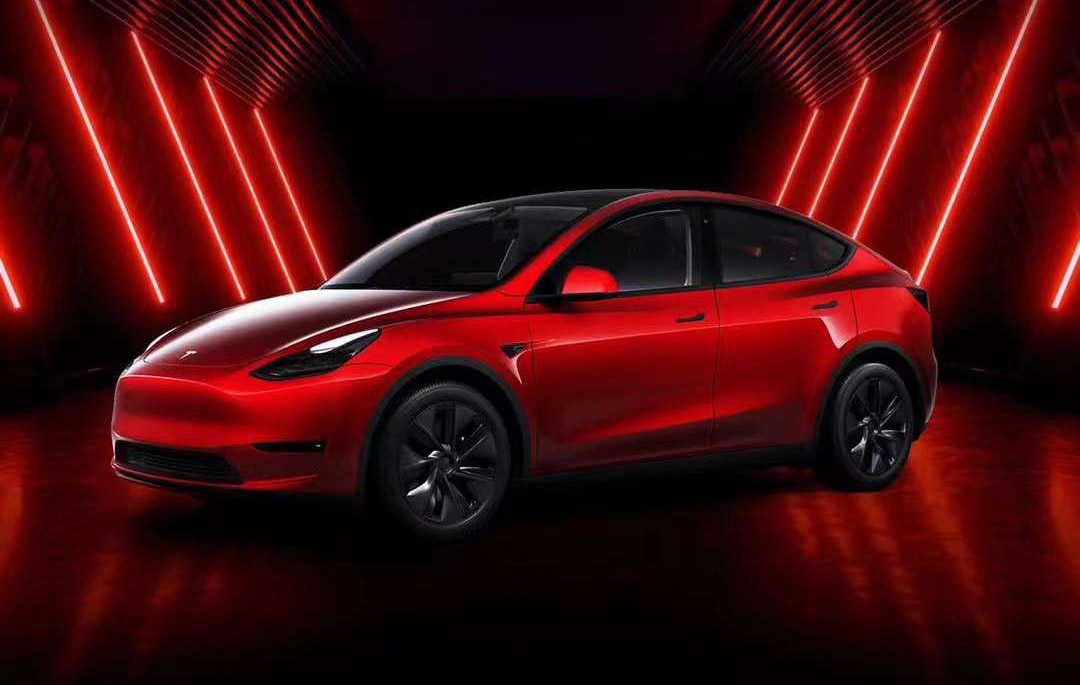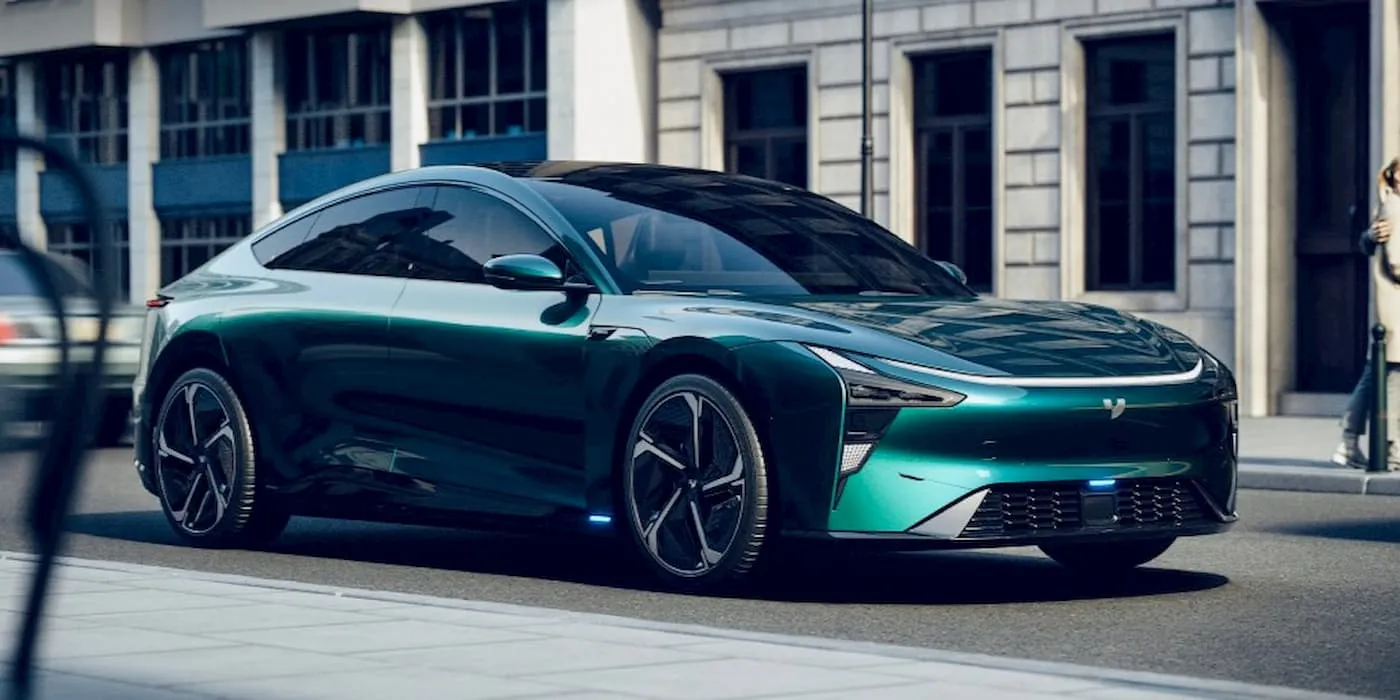In a strategic move to tap into the growing European electric vehicle (EV) market, Arcfox, the EV brand under Chinese automaker BAIC Group, is set to invest “tens of millions of dollars.” Following the approval for two of its models to be sold in Europe, the company aims to capitalize on the projected 25 percent market share that Chinese EV manufacturers are expected to hold in the region.
According to Ohad Seligmann, Chairman of EV Motors Ltd, the overseas distributor for Arcfox, the brand’s unique advantage lies in its collaboration between BAIC and Canadian auto parts supplier Magna, bringing 70 years of automotive experience to the table. Magna has established two joint ventures with BJEV, a BAIC subsidiary in China, focusing on EV design and development, as well as a car-manufacturing plant.
Seligmann emphasized the importance of establishing infrastructure to bring tens of thousands of vehicles to the European market. This includes the creation of a European operation center and a network of sub-dealers across the continent. Additionally, Arcfox is committed to providing efficient after-sales service, building the necessary infrastructure for ongoing customer support and spare parts availability.
The company is actively exploring opportunities in 12 European countries, with a focus on Sweden, where it is conducting winter testing. Seligmann noted that success in Scandinavian countries, known for their positive reception of EVs, could pave the way for broader success across Europe.
KPMG’s forecast suggests that Chinese carmakers, including Arcfox, could capture around 15 percent of Europe’s EV market by 2025. This comes amid a surge in demand for EVs in Europe following the European Union’s plan to ban the sale of new fossil-fuel cars from 2035. The move signifies a significant step forward, considering Chinese marques accounted for less than 10 percent of the 1.1 million battery-powered EVs sold in Europe in 2022, according to KPMG.
Kevin Kang, Chief Economist at KPMG China, emphasized the substantial potential of homegrown Chinese brands in the European market, anticipating their significant contribution to future sales increases. Europe currently stands as the world’s second-largest and fastest-growing EV market, driven by regulatory initiatives promoting sustainable transportation.

